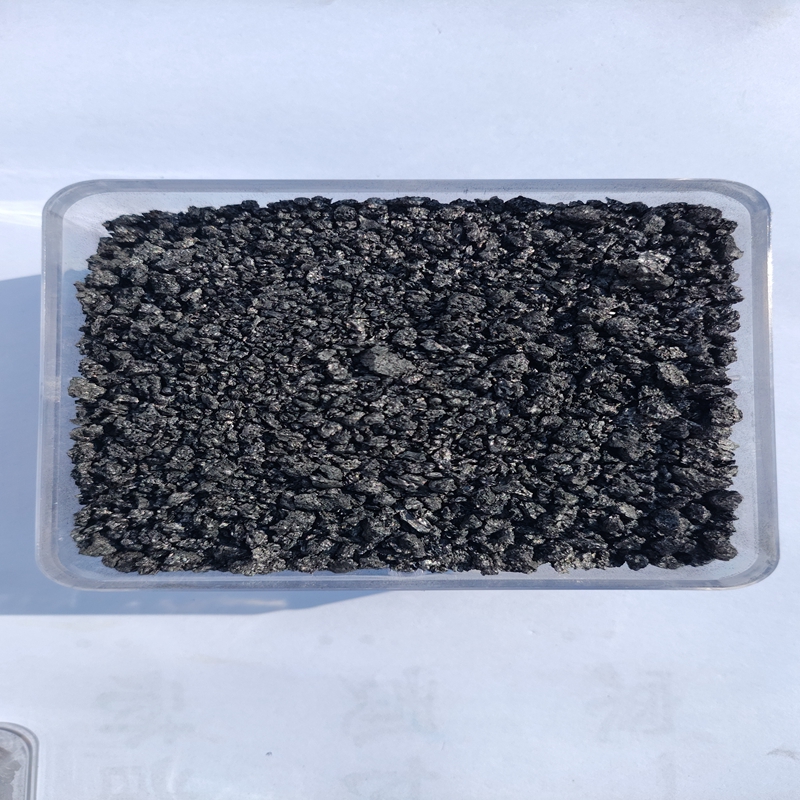Dec . 23, 2024 22:58 Back to list
fe-c alloy factories
The Role of Fe-C Alloys in Modern Metallurgy
Iron-carbon (Fe-C) alloys are fundamental to the field of metallurgy and serve as the backbone of modern construction, manufacturing, and technology. Defining the phase relationship between iron and carbon, these alloys are predominantly categorized into cast iron and steel, which are widely used due to their unique properties and versatility. This article explores the significance of Fe-C alloys, their production in factories, and their applications across various industries.
Fe-C alloys contain varying proportions of carbon, typically less than 6.7% by weight, which influences their physical and mechanical properties. The introduction of carbon into iron alters its crystal structure and enhances its hardness, strength, and durability. Steel, which generally contains up to 2% carbon, is known for its impressive tensile strength and malleability, making it an essential material in construction and engineering. Cast iron, with a higher carbon content, exhibits exceptional castability and wear resistance, making it suitable for components like engine blocks and pipes.
The Role of Fe-C Alloys in Modern Metallurgy
Once produced, the Fe-C alloys undergo several treatments, such as forging, rolling, and heat treatment, to enhance their characteristics. These processes are critical in determining the final properties of the alloys, influencing features such as hardness, ductility, and toughness. Factories often implement quality control measures during production to ensure that the alloys meet the required specifications and standards.
fe-c alloy factories

The versatility of Fe-C alloys allows for their application across a multitude of sectors. In the construction industry, steel is the material of choice for buildings, bridges, and infrastructure, thanks to its strength-to-weight ratio and ability to withstand heavy loads. In automotive manufacturing, steel is used for structural components due to its resilience and safety characteristics. Additionally, Fe-C alloys are integral in producing tools and machinery, owing to their wear resistance and ability to be hardened.
Moreover, the recycling of Fe-C alloys plays a crucial role in sustainable practices within the metals industry. Given that steel is one of the most recycled materials globally, factories often focus on integrating recycling initiatives to minimize waste and conserve resources. This not only reduces the environmental impact of manufacturing but also contributes to the circular economy.
As technology continues to evolve, so does the production of Fe-C alloys. Innovations in metallurgical processes and material science are paving the way for the development of new alloys with enhanced properties tailored for specific applications. Research into improving the properties of Fe-C alloys, such as corrosion resistance and lighter weight, is ongoing, ensuring that these materials remain at the forefront of industrial application.
In conclusion, Fe-C alloys are indispensable to modern society, with their production in specialized factories reflecting the sophisticated interplay of chemistry, engineering, and technology. Their versatility, coupled with ongoing advancements in production techniques, positions them as essential materials for future innovations across various industries. As we continue to build and innovate, the significance of Fe-C alloys will only grow, making them a cornerstone of modern metallurgy.
-
Eco-Friendly Granule Covering Agent | Dust & Caking Control
NewsAug.06,2025
-
Fe-C Composite Pellets for BOF: High-Efficiency & Cost-Saving
NewsAug.05,2025
-
Premium Tundish Covering Agents Exporters | High Purity
NewsAug.04,2025
-
Fe-C Composite Pellets for BOF | Efficient & Economical
NewsAug.03,2025
-
Top Tundish Covering Agent Exporters | Premium Quality Solutions
NewsAug.02,2025
-
First Bauxite Exporters | AI-Optimized Supply
NewsAug.01,2025
